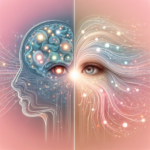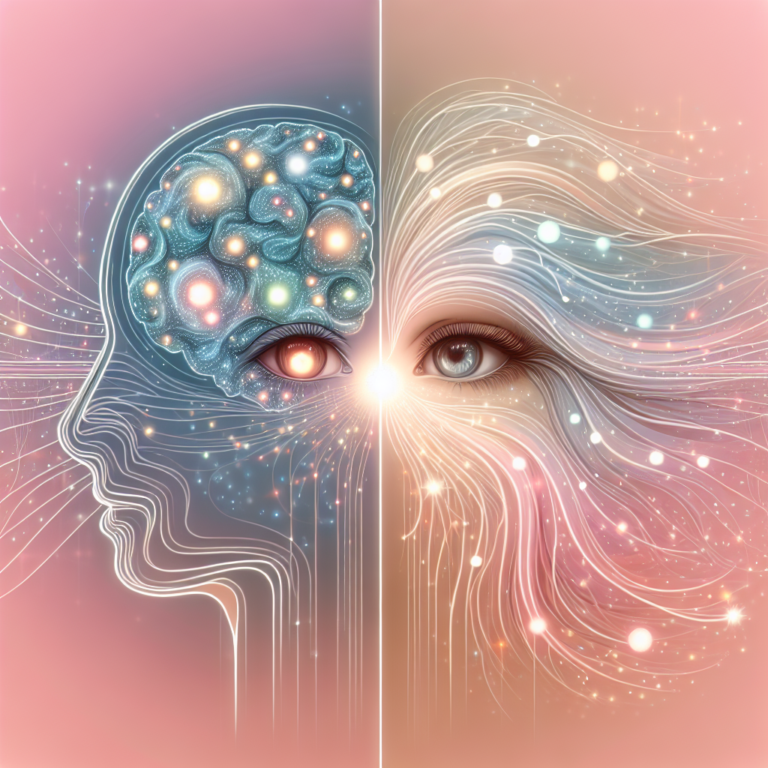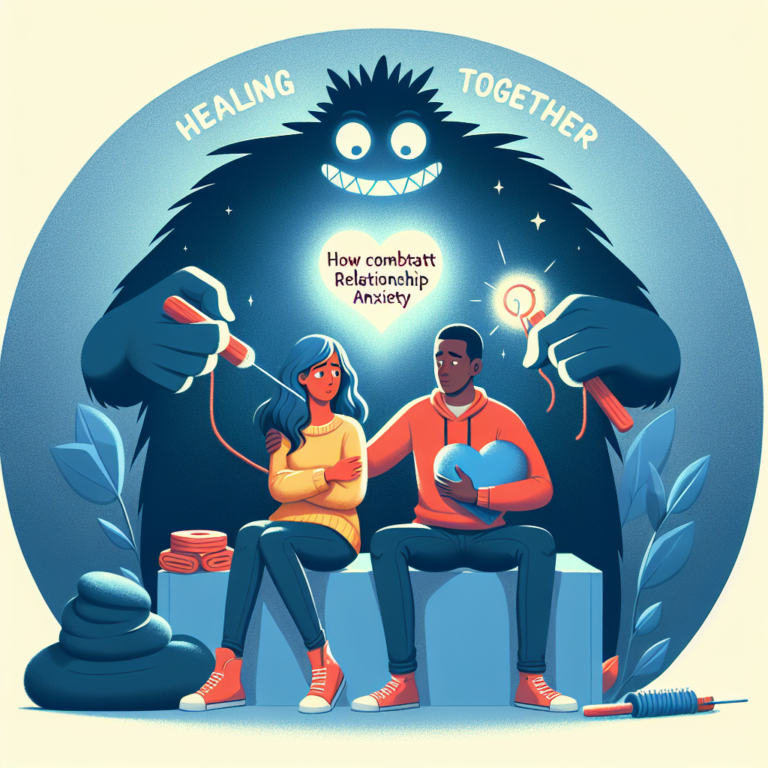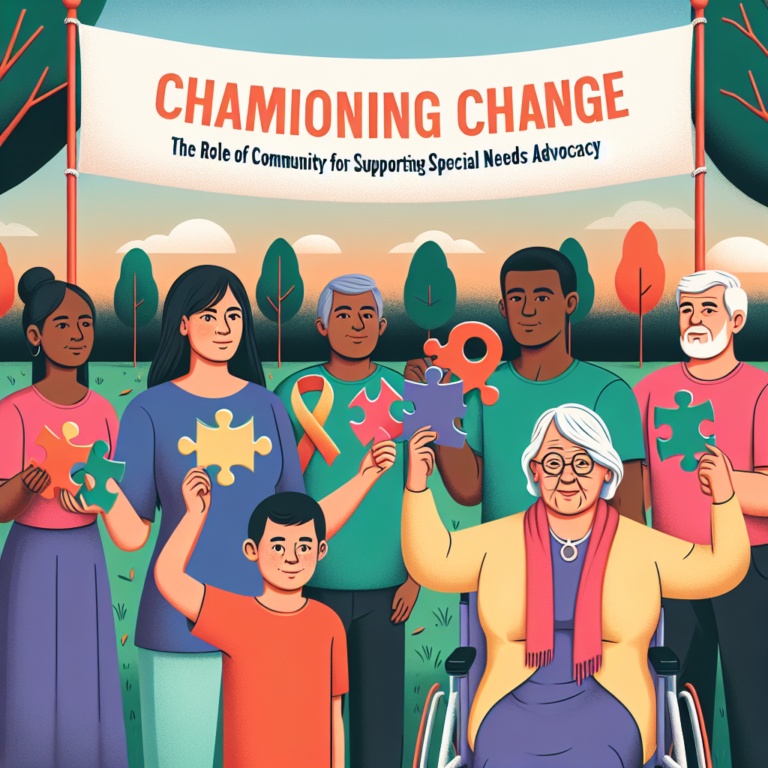
Introduction
Have you ever felt like you’re riding a roller coaster of emotions, energy levels, or physical health without knowing why? If so, you’re not alone. Understanding that our bodies ebb and flow through hormonal waves can unlock a new level of well-being. Navigating hormonal waves is not just a matter of surviving these changes but thriving through them. In this article, we’ll dive deep into navigating hormonal waves: tips for a balanced life through change, offering practical advice backed by science, case studies, and actionable insights.
Understanding Hormonal Waves
Hormones are the body’s chemical messengers, influencing everything from mood to metabolism. They fluctuate throughout our lives due to various factors including age, stress, diet, and lifestyle. Understanding these hormonal cycles is crucial for achieving balance and harmony, especially when they tend to change. Here’s a closer look at how these waves affect us.
Key Hormones That Influence Daily Life
| Hormone | Role | Waves |
|---|---|---|
| Estrogen | Regulates the menstrual cycle, mood | Peaks pre-ovulation |
| Progesterone | Prepares the body for pregnancy, mood stability | Fluctuates post-ovulation |
| Cortisol | Stress response, energy regulation | Peaks in the morning |
| Insulin | Regulates blood sugar levels | Follows food intake |
| Serotonin | Mood stabilizer, sleep regulation | Influenced by light and diet |
Navigating Hormonal Waves: The Monthly Cycle
For many women, the monthly cycle comprises distinct hormonal phases. Knowing which phase you’re in can help tailor your activities, diet, and self-care practices.
The Follicular Phase
This phase begins on the first day of your period and lasts until ovulation. Estrogen rises during this time, leading to increased energy and optimism.
Tips:
- Embrace the Energy: Engage in high-energy activities like cardio or group workouts.
- Nutritional Focus: Incorporate more fruits, veggies, and lean proteins to support the rising estrogen levels.
The Ovulatory Phase
Ovulation occurs mid-cycle when estrogen peaks. This is often when people feel their best, socially and physically.
Tips:
- Social Butterfly: Schedule social outings; your confidence is at its peak.
- Creative Projects: Harness the boost in creativity to start new endeavors.
The Luteal Phase
Hormones start to fluctuate again, with increased progesterone. This can lead to mood swings or cravings.
Tips:
- Mind Your Mood: Practice self-care through meditation or journaling to keep emotional swings in check.
- Nutrient Support: Focus on magnesium-rich foods like dark chocolate and nuts to offset cravings.
Case Study: Sarah’s Cycling Strategy
Sarah, a 29-year-old graphic designer, was struggling with intense mood swings and fatigue related to her cycle. After learning about navigating hormonal waves: tips for a balanced life through change, she tracked her cycle over three months.
Results:
- She began scheduling her work projects around her follicular phase, maximizing her productivity.
- During the luteal phase, she committed to daily 15-minute meditations, resulting in significantly less stress.
Embracing Hormonal Changes Over Time
Hormonal fluctuations aren’t just confined to the menstrual cycle. Men can also experience hormonal shifts, particularly with testosterone. Understanding that these changes can affect motivation and mood is essential for maintaining equilibrium.
Men’s Hormonal Waves: Navigating Changes
Testosterone levels can fluctuate daily and are influenced by factors like diet, exercise, and stress.
Tips:
- Stay Active: Regular exercise can help maintain balanced testosterone levels.
- Healthy Eating: Incorporate healthy fats and omega-3s known to support hormonal health.
The Role of Nutrition
One pivotal aspect of navigating hormonal waves: tips for a balanced life through change is focused nutrition. What you eat can significantly impact how you feel.
Foods To Consider
- Cruciferous Vegetables: Helps balance estrogen levels.
- Whole Grains: Stabilizes insulin and energy levels.
- Fermented Foods: Enhances gut health, positively affecting hormone production.
Case Study: Michael’s Nutritional Transformation
Michael was struggling with fatigue and irritability. After consulting with a nutritionist, he revamped his diet with whole foods and increased his intake of healthy fats.
Results:
- Within weeks, he reported improved mood and energy, attributing these changes to his diet aligned with his hormonal cycles.
Incorporating Exercise
Regular physical activity is another pillar for balancing hormonal waves. However, the type and intensity of exercise can also influence hormonal responses.
Tuning Your Workouts
| Activity Type | Best Phase | Benefits |
|---|---|---|
| High-Intensity | Follicular/Ovulatory | Boosts energy and mood |
| Moderate Cardio | Luteal | Reduces stress and balances hormones |
| Yoga | Anytime | Enhances relaxation and mindfulness |
Mental Health and Hormones
The relationship between our mental well-being and hormones is profound. Stress, for instance, can affect cortisol levels, which in turn influences estrogen and progesterone.
Stress-Reduction Techniques:
- Mindfulness Practices: Yoga and meditation can help lower cortisol.
- Community Support: Engage in conversations about emotional health with supportive groups.
Case Study: Jenna’s Path to Mental Clarity
Jenna experienced anxiety linked to her menstrual cycle. By incorporating regular yoga and mindfulness techniques, she reported significant improvements in managing her symptoms.
The Power of Sleep
Sleep is perhaps the most underrated component of hormonal balance. Poor sleep can lead to higher cortisol levels and lower production of other essential hormones.
Sleep Tips for Hormonal Health
- Establish a Routine: Go to bed and wake up at the same time every day.
- Limit Blue Light: Reduce screen time at least an hour before bed.
Navigating Hormonal Waves After 30
As women enter their 30s and beyond, hormonal fluctuations can become more pronounced, often leading to symptoms associated with perimenopause.
Tips for Transition:
- Regular Check-Ups: Consult healthcare providers for hormone level testing.
- Educate Yourself: Knowledge about changes can help in managing them better.
Conclusion
Navigating hormonal waves is not merely about enduring discomfort; it’s about leveraging knowledge to promote a balanced life through change. Understanding hormonal cycles, maintaining a nutritious diet, and practicing self-care can significantly enhance our quality of life. The journey involves self-education and mindful choices. Embrace the waves, and you’ll find a vibrant path through change.
FAQs
1. What are hormonal waves, and why do they matter?
Hormonal waves refer to the natural fluctuations in hormone levels that affect various aspects of physical and mental health. They matter as understanding these waves can help individuals manage their well-being effectively.
2. How can I naturally balance my hormones?
You can naturally balance hormones through a combination of a balanced diet, regular exercise, stress management, and adequate sleep.
3. Are hormonal changes only relevant for women?
No, hormonal changes occur in both men and women, though the cycles and effects may vary significantly.
4. What role does diet play in hormonal balance?
Diet impacts the production and regulation of hormones. Consuming nutrient-rich foods can support hormonal health and mitigate fluctuations.
5. How can I keep track of my hormonal cycles?
You can use apps, journals, or calendars to note symptoms, moods, and energy levels throughout your cycle, helping you better understand your hormonal waves.
Final Thoughts
Navigating hormonal waves: tips for a balanced life through change does not need to be overwhelming. With informed choices, a supportive community, and self-awareness, you can sail through these changes, emerging stronger and more balanced. Whether you’re cycling through your monthly phases or addressing broader hormonal shifts with age, embrace the knowledge and tools available to you. The waves might come, but you’ll be riding them confidently!















